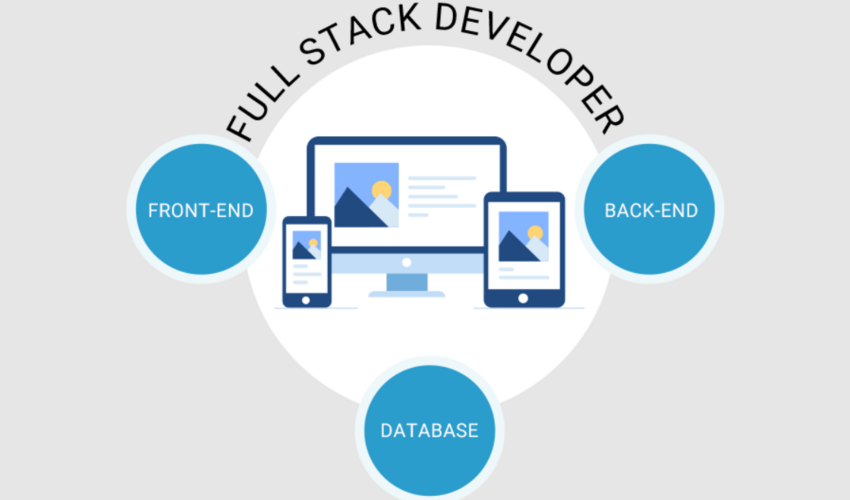Progressive Web Apps: Bridging the Gap Between Web and Mobile

In the rapidly evolving digital landscape of 2025, businesses are continually seeking innovative solutions to enhance user engagement and streamline development processes. One such innovation that has gained significant traction is the Progressive Web App (PWA), a technology that seamlessly blends the capabilities of web and mobile applications.
Understanding Progressive Web Apps
Progressive Web Apps are web applications that deliver an app-like experience directly through web browsers. They leverage modern web technologies to offer features traditionally associated with native mobile apps, such as offline functionality, push notifications, and home screen installation. This fusion provides users with a responsive and engaging experience without the need for downloading apps from traditional app stores.
The Rise of PWAs in 2025
As of 2025, PWAs have become a pivotal component in the digital strategies of many businesses. Their ability to function across various devices and platforms without the need for separate codebases has made them a cost-effective and efficient solution. This universality not only reduces development time but also ensures a consistent user experience across different platforms.
Advantages Over Native Apps
While native apps are designed for specific platforms (iOS or Android) and require separate development efforts, PWAs offer several distinct advantages:
-
Cross-Platform Compatibility: PWAs run seamlessly on any device with a modern web browser, eliminating the need for platform-specific development.
-
Cost-Effectiveness: Developing a single PWA reduces the resources and time associated with creating and maintaining separate native apps for different platforms.
-
Improved Performance: PWAs are designed to load quickly and provide smooth interactions, even in areas with limited or unstable internet connectivity.
-
Enhanced SEO Benefits: Since PWAs are essentially websites, their content is indexable by search engines, improving discoverability and driving organic traffic.
Real-World Success Stories
Several prominent companies have successfully implemented Progressive Web Apps to enhance user engagement and achieve business goals:
-
Starbucks: Developed a PWA that led to a doubling of daily active users, with orders on desktop nearly equal to those on mobile.
-
Twitter Lite: Introduced a PWA that resulted in a 65% increase in pages per session and a 75% increase in Tweets sent.
-
Alibaba: Launched a PWA that led to a 76% increase in total conversions across browsers.
Considerations and Limitations
Despite their numerous advantages, it's essential to consider certain limitations of PWAs:
-
Limited Access to Device Features: PWAs may not have full access to all device-specific features, which could be a limitation for apps requiring deep hardware integration.
-
Performance Constraints: While PWAs perform efficiently, resource-intensive applications might still benefit from native development to leverage optimized performance.
Conclusion
Progressive Web Apps have emerged as a transformative force in bridging the gap between web and mobile platforms. Their ability to provide app-like experiences without the complexities of traditional app development makes them an attractive option for businesses aiming to enhance user engagement and operational efficiency. As the digital landscape continues to evolve, embracing PWAs can position businesses at the forefront of innovation.
At Qono Technologies, we specialize in developing cutting-edge Progressive Web Apps tailored to your business needs. Our expertise ensures that you harness the full potential of PWAs to deliver exceptional user experiences.
Latest Trending
Categories
- Airbnb
- Airbnb clone
- Airbnb clone script
- Multi Vendor Marketplace Script
- Buy Sell Marketplace
- Vacation Rental Website
- Online Food Ordering and Delivery Clones
- Multi-Vendor E-Commerce Script
- Online Rental Script
- Fancy Clone
- Car Rental ScriptSoftware Development
- Car Rental Script
Never Miss Another Post!
Get updates & Valuable tips straight into your inbox once a week.



